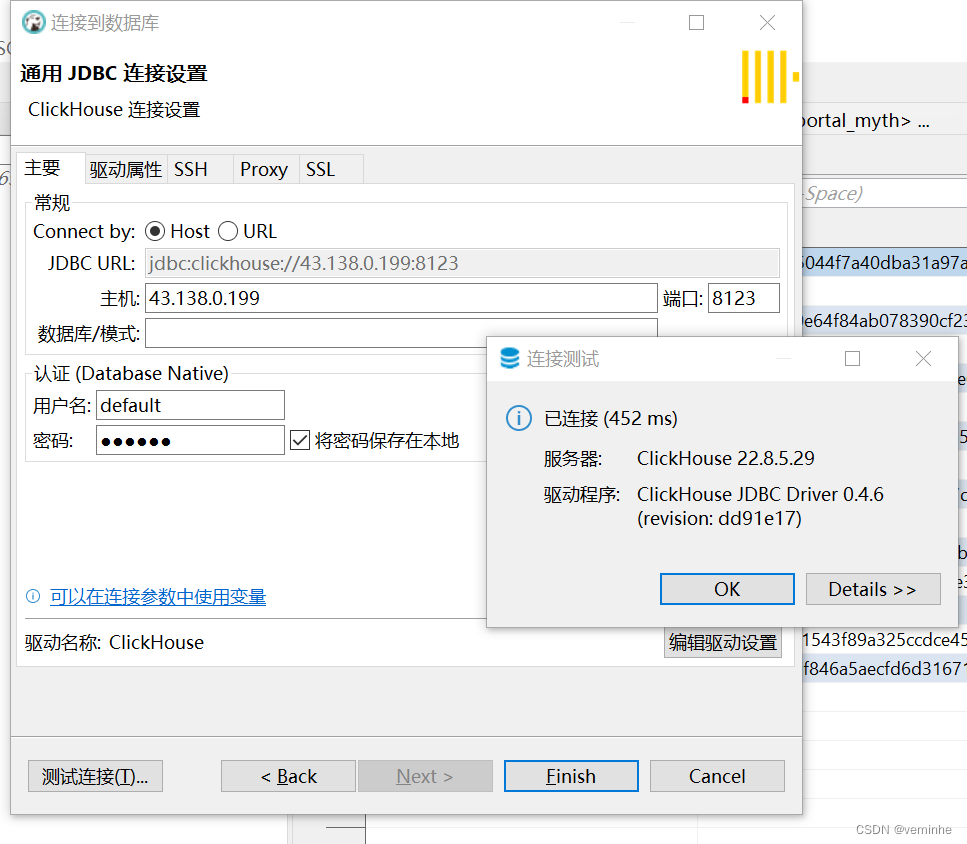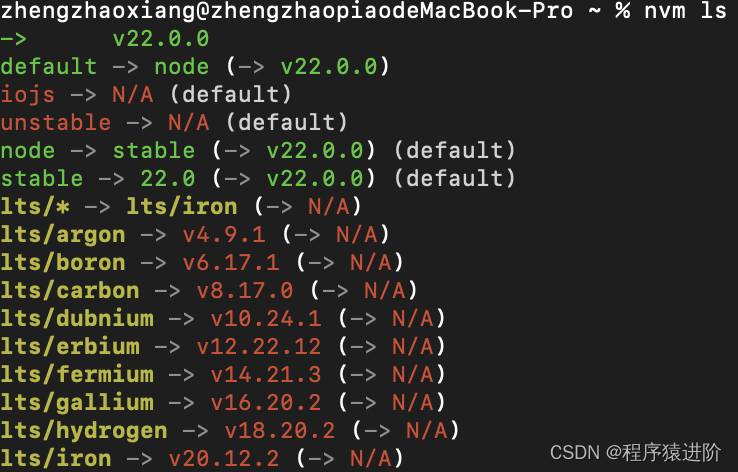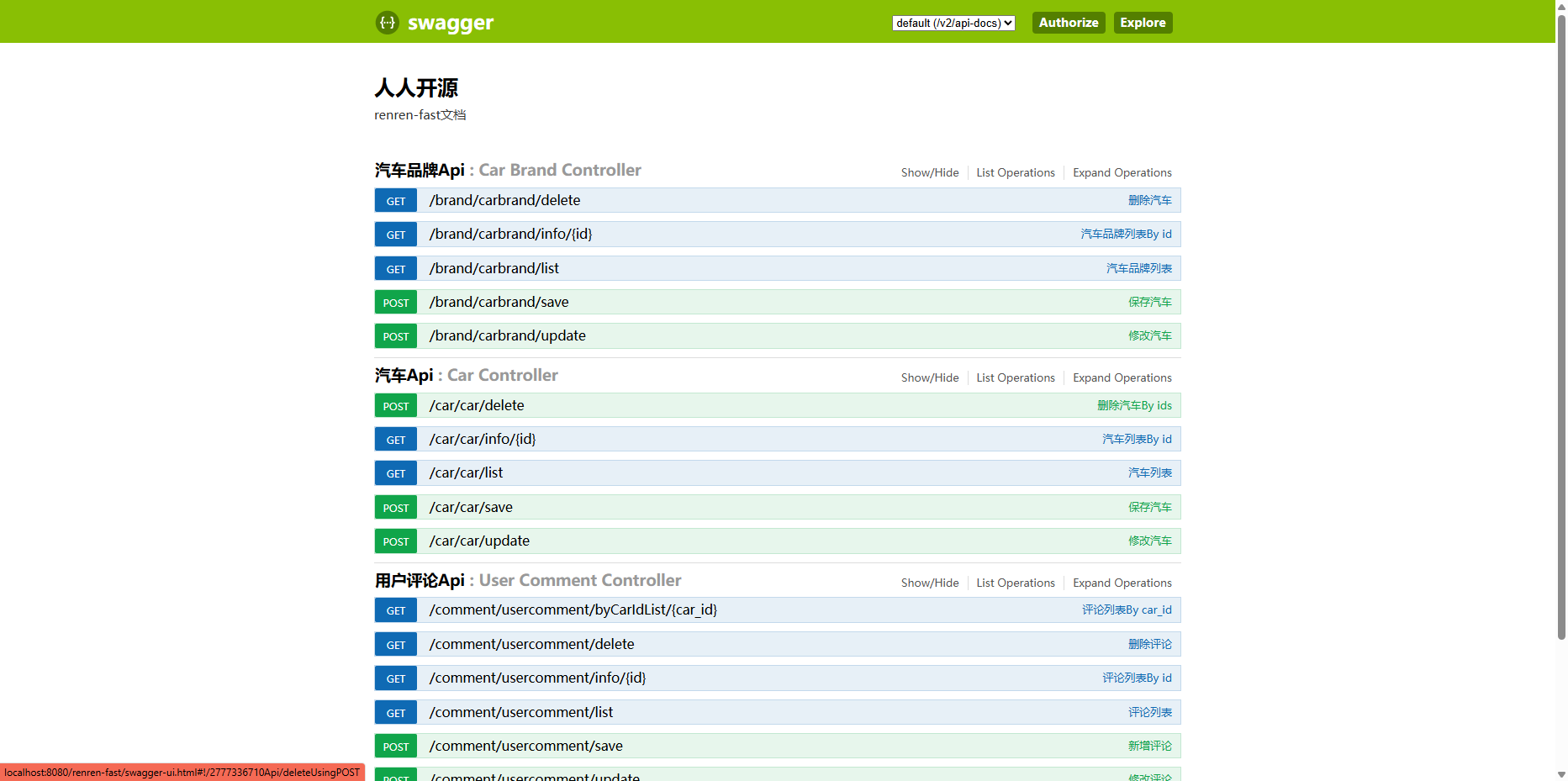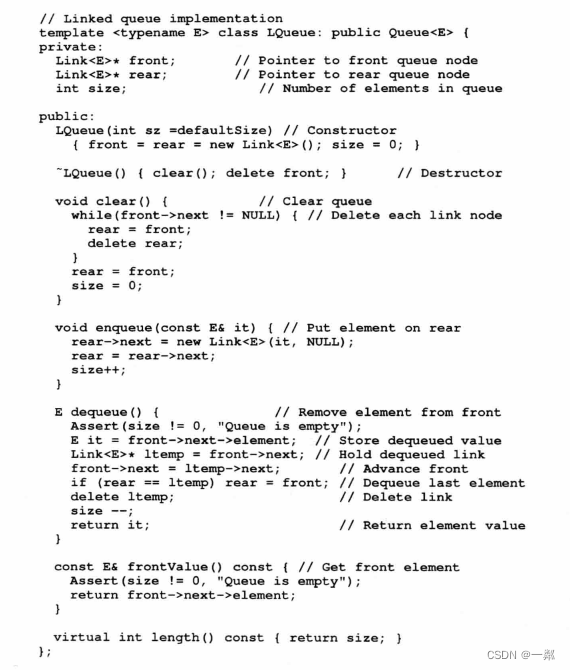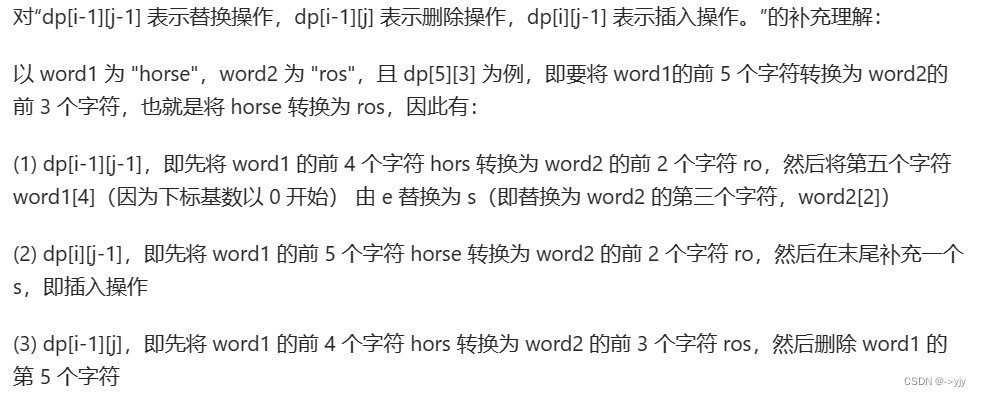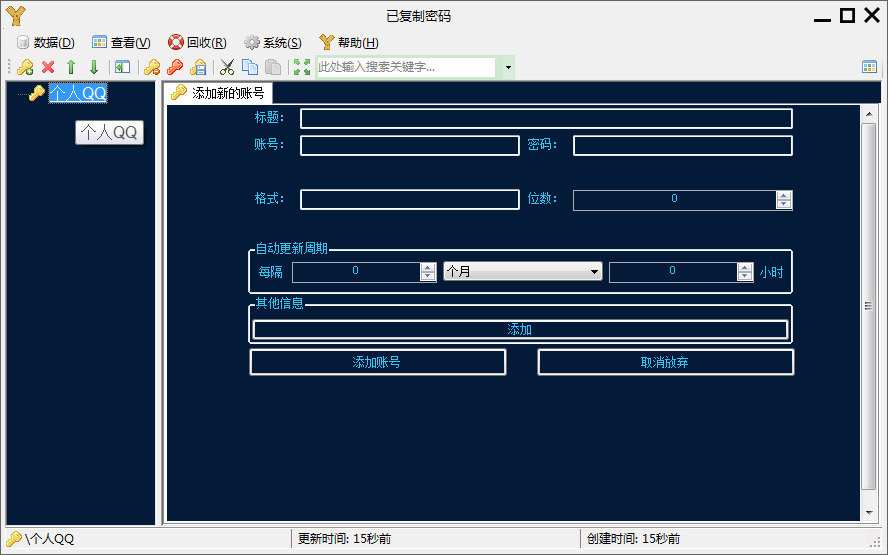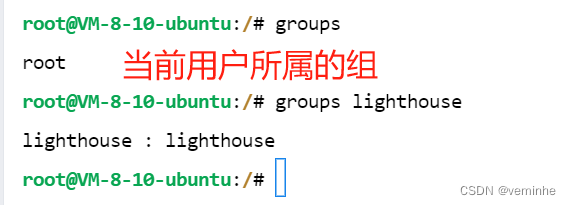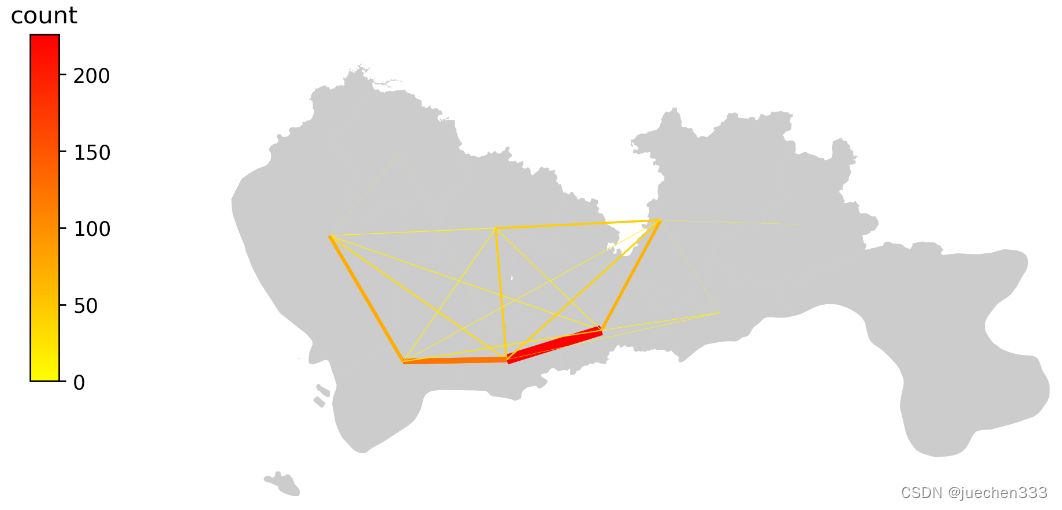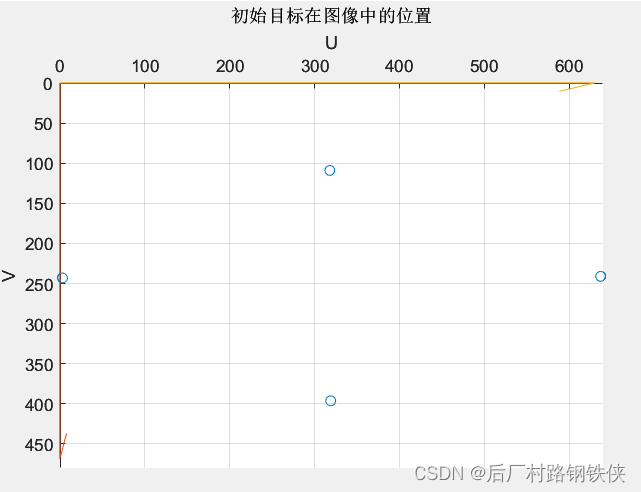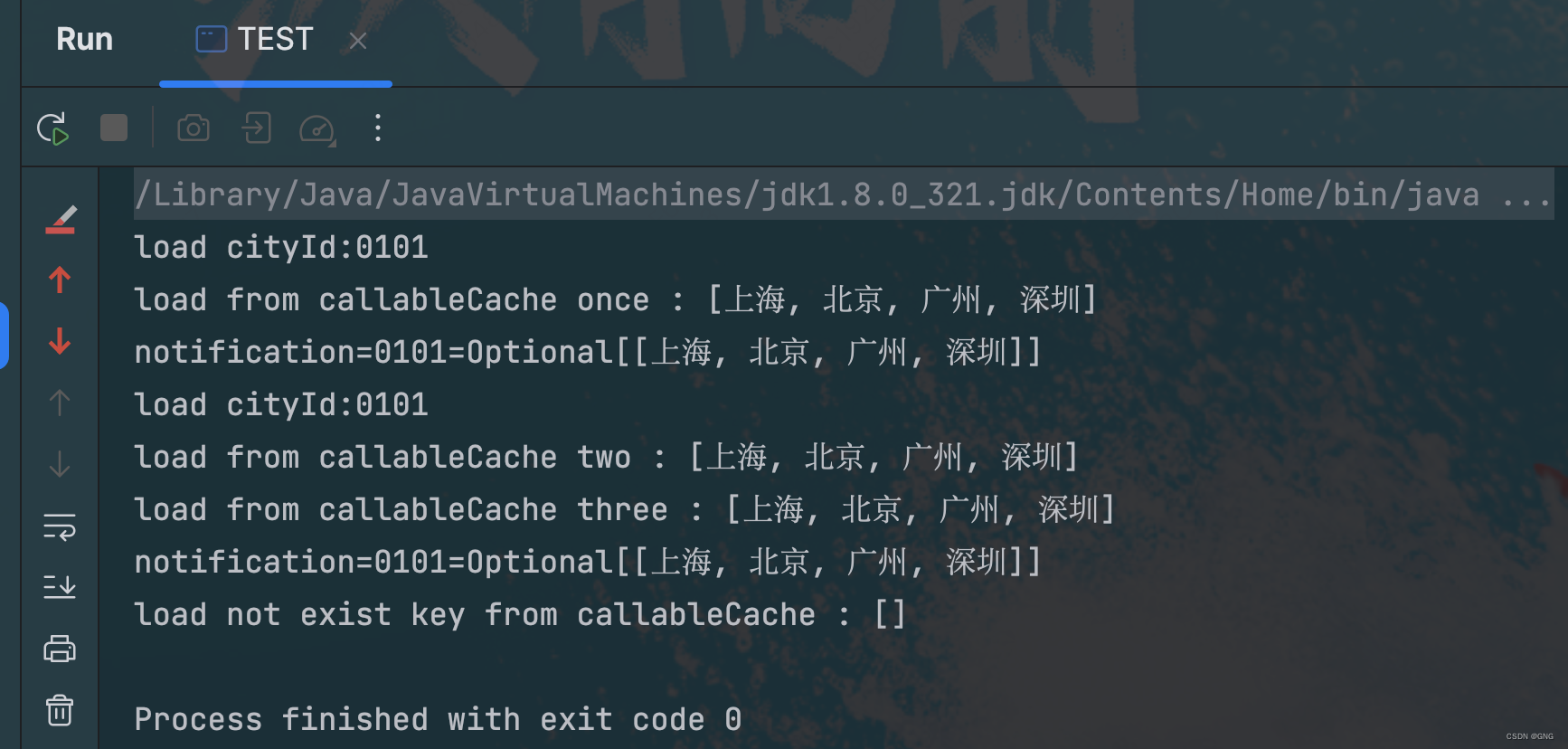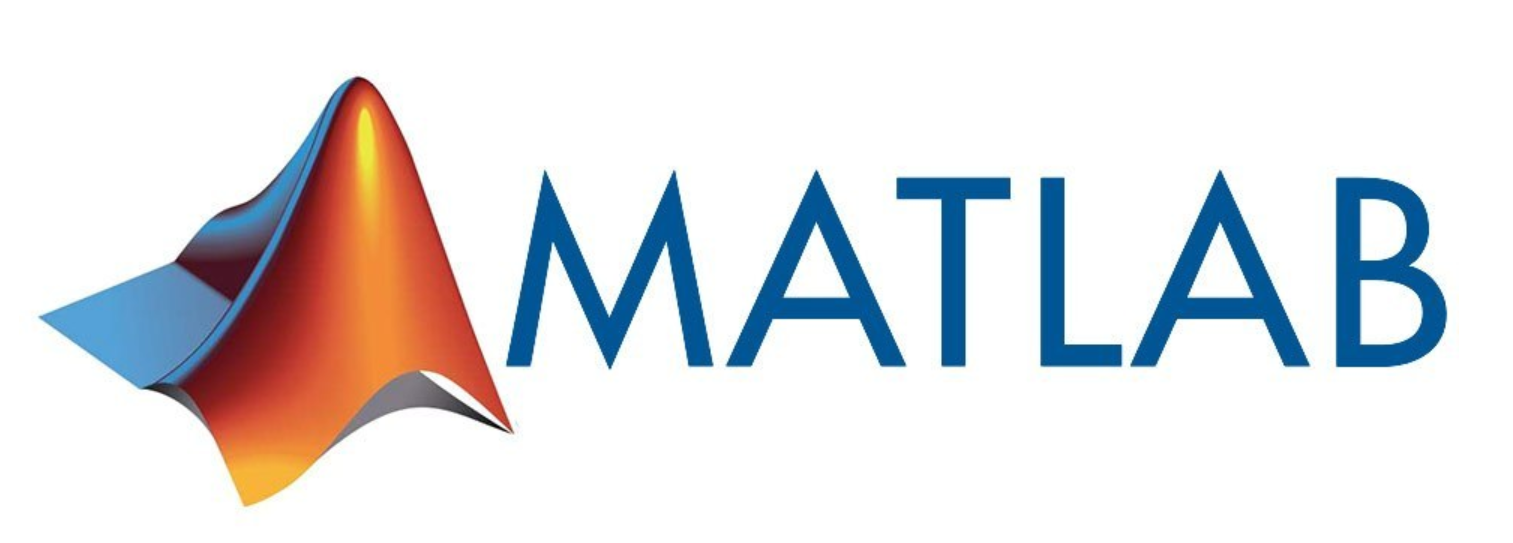返回:OpenCV系列文章目录(持续更新中......)
上一篇:OpenCV 为轮廓创建边界框和圆(62)
下一篇:OpenCV的图像矩(64)

目标
在本教程中,您将学习如何:
cv::minAreaRect 和 cv::fitEllipse 都是 OpenCV 库中常用的图像处理函数,主要用于图像分析和形状检测等操作。
cv::minAreaRect 是一个用于计算轮廓最小外接矩形的函数,它可以计算由轮廓点定义的最小矩形。该函数的主要思路是,在轮廓点集中寻找包含所有点的最小矩形,然后返回该矩形的中心坐标、宽度、高度和旋转角度等信息。通过 minAreaRect 函数,我们可以实现轮廓的最小外接矩形计算和绘制操作,从而更加准确地描述轮廓的形状和方向。
cv::fitEllipse 则是一个用于拟合轮廓为椭圆的函数,它可以计算一个最小二乘椭圆来拟合轮廓所有点。该函数的主要思路是,在轮廓点集中寻找最小二乘椭圆,然后返回该椭圆的中心坐标、长短轴长度和旋转角度等信息。通过 fitEllipse 函数,我们可以实现拟合椭圆和绘制椭圆操作,并利用椭圆的特征对轮廓进行更加精确的形状和方向分析。
cv::minAreaRect 和 cv::fitEllipse 通常会一起使用。它们可以应用于图像处理、形状分析、轮廓检测等领域。通过 minAreaRect 函数计算轮廓的最小外接矩形,我们可以确定轮廓的矩形区域,从而实现轮廓的定位和绘制操作;通过 fitEllipse 函数拟合轮廓的椭圆,我们可以确定轮廓的椭圆区域,并计算出椭圆的特征,从而实现更加精确的轮廓分析和检测。
C++代码
本教程代码如下所示。您也可以从这里下载
#include "opencv2/imgcodecs.hpp"
#include "opencv2/highgui.hpp"
#include "opencv2/imgproc.hpp"
#include <iostream>
using namespace cv;
using namespace std;
Mat src_gray;
int thresh = 100;
RNG rng(12345);
void thresh_callback(int, void* );
int main( int argc, char** argv )
{
CommandLineParser parser( argc, argv, "{@input | stuff.jpg | input image}" );
Mat src = imread( samples::findFile( parser.get<String>( "@input" ) ) );
if( src.empty() )
{
cout << "Could not open or find the image!\n" << endl;
cout << "Usage: " << argv[0] << " <Input image>" << endl;
return -1;
}
cvtColor( src, src_gray, COLOR_BGR2GRAY );
blur( src_gray, src_gray, Size(3,3) );
const char* source_window = "Source";
namedWindow( source_window );
imshow( source_window, src );
const int max_thresh = 255;
createTrackbar( "Canny thresh:", source_window, &thresh, max_thresh, thresh_callback );
thresh_callback( 0, 0 );
waitKey();
return 0;
}
void thresh_callback(int, void* )
{
Mat canny_output;
Canny( src_gray, canny_output, thresh, thresh*2 );
vector<vector<Point> > contours;
findContours( canny_output, contours, RETR_TREE, CHAIN_APPROX_SIMPLE, Point(0, 0) );
vector<RotatedRect> minRect( contours.size() );
vector<RotatedRect> minEllipse( contours.size() );
for( size_t i = 0; i < contours.size(); i++ )
{
minRect[i] = minAreaRect( contours[i] );
if( contours[i].size() > 5 )
{
minEllipse[i] = fitEllipse( contours[i] );
}
}
Mat drawing = Mat::zeros( canny_output.size(), CV_8UC3 );
for( size_t i = 0; i< contours.size(); i++ )
{
Scalar color = Scalar( rng.uniform(0, 256), rng.uniform(0,256), rng.uniform(0,256) );
// contour
drawContours( drawing, contours, (int)i, color );
// ellipse
ellipse( drawing, minEllipse[i], color, 2 );
// rotated rectangle
Point2f rect_points[4];
minRect[i].points( rect_points );
for ( int j = 0; j < 4; j++ )
{
line( drawing, rect_points[j], rect_points[(j+1)%4], color );
}
}
imshow( "Contours", drawing );
}结果

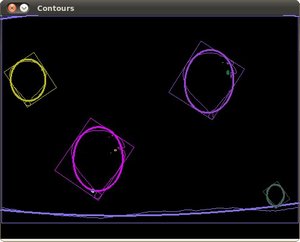
参考文献:
1、《Creating Bounding boxes and circles for contours》------Ana Huamán
